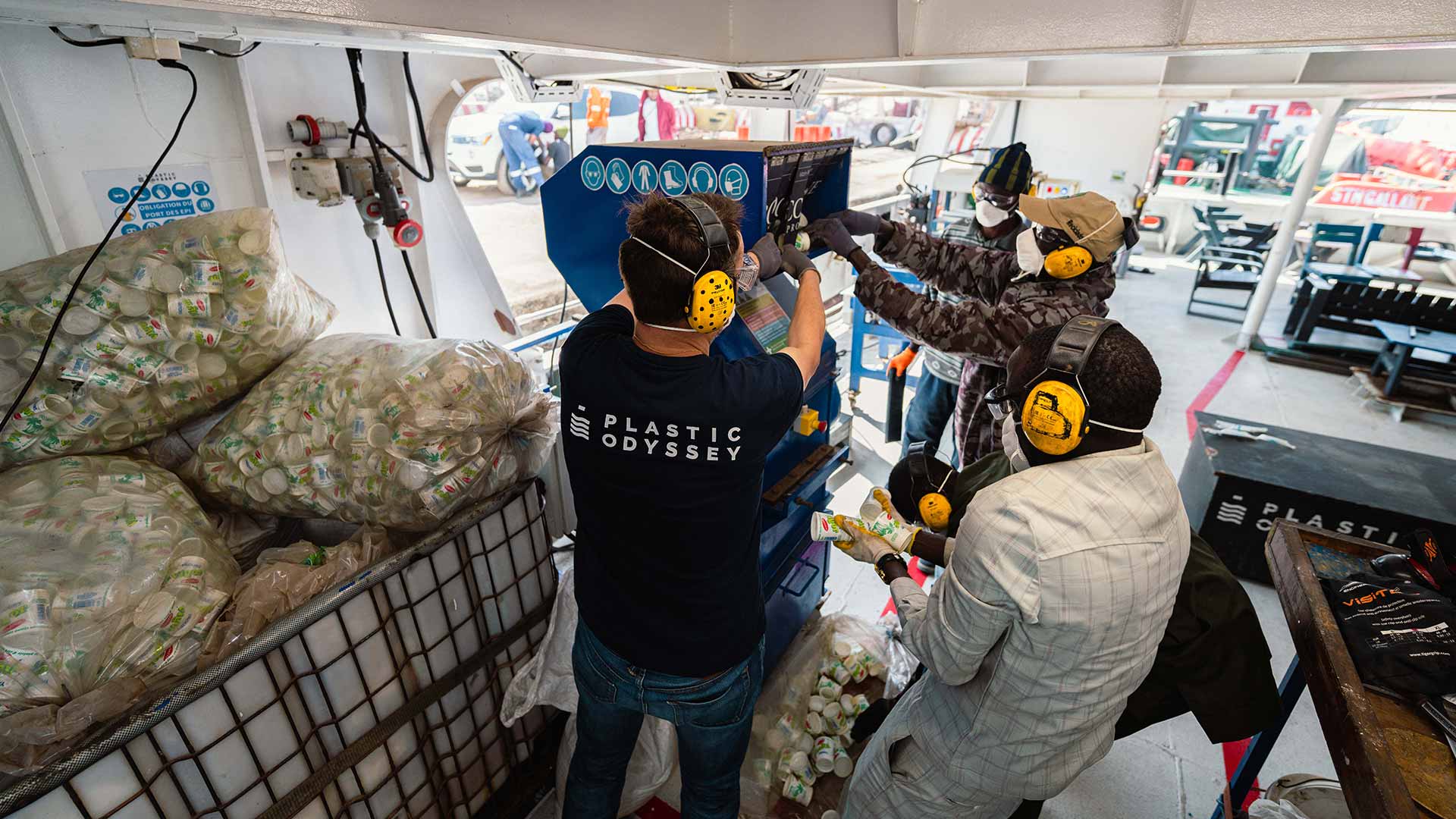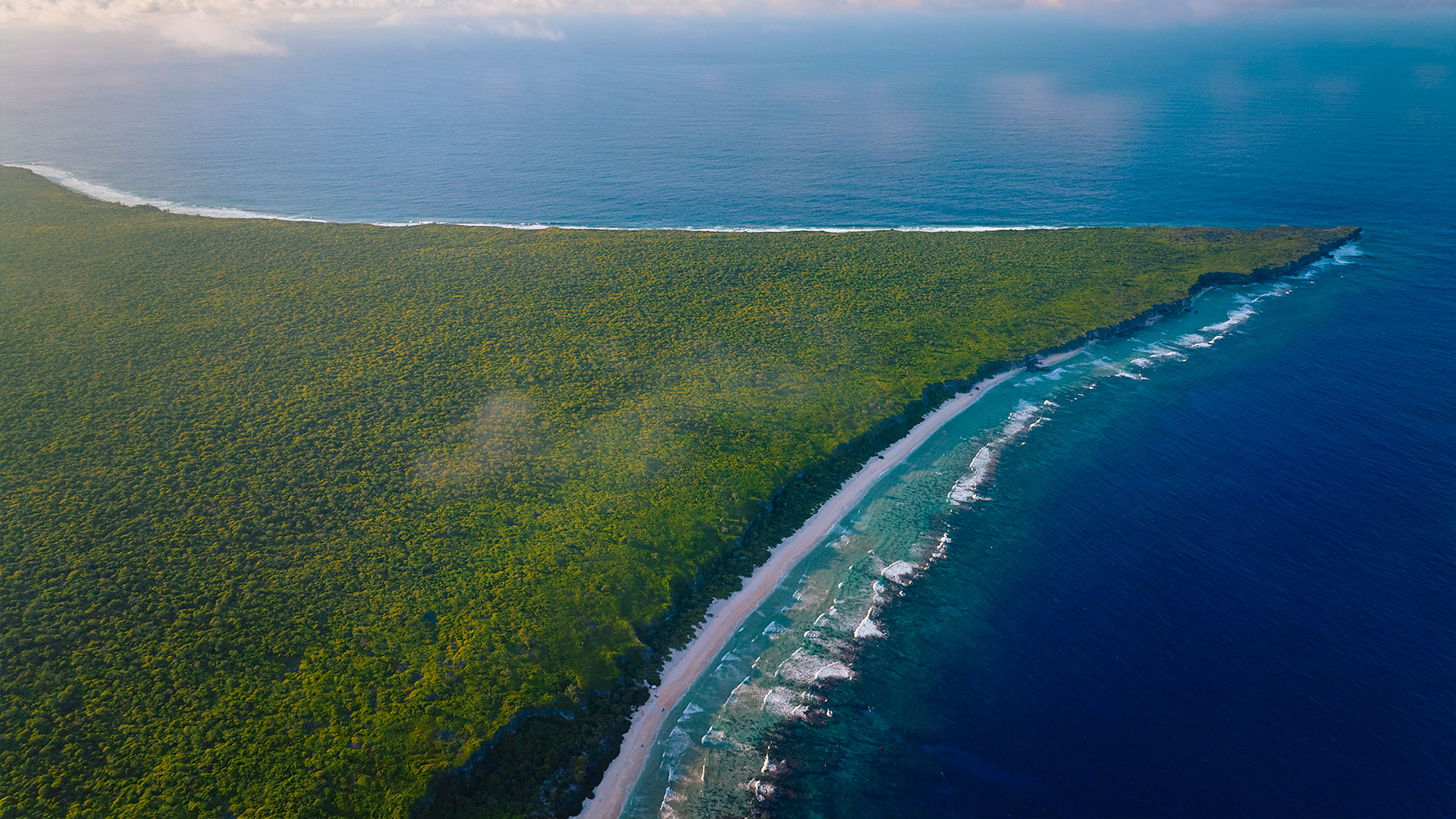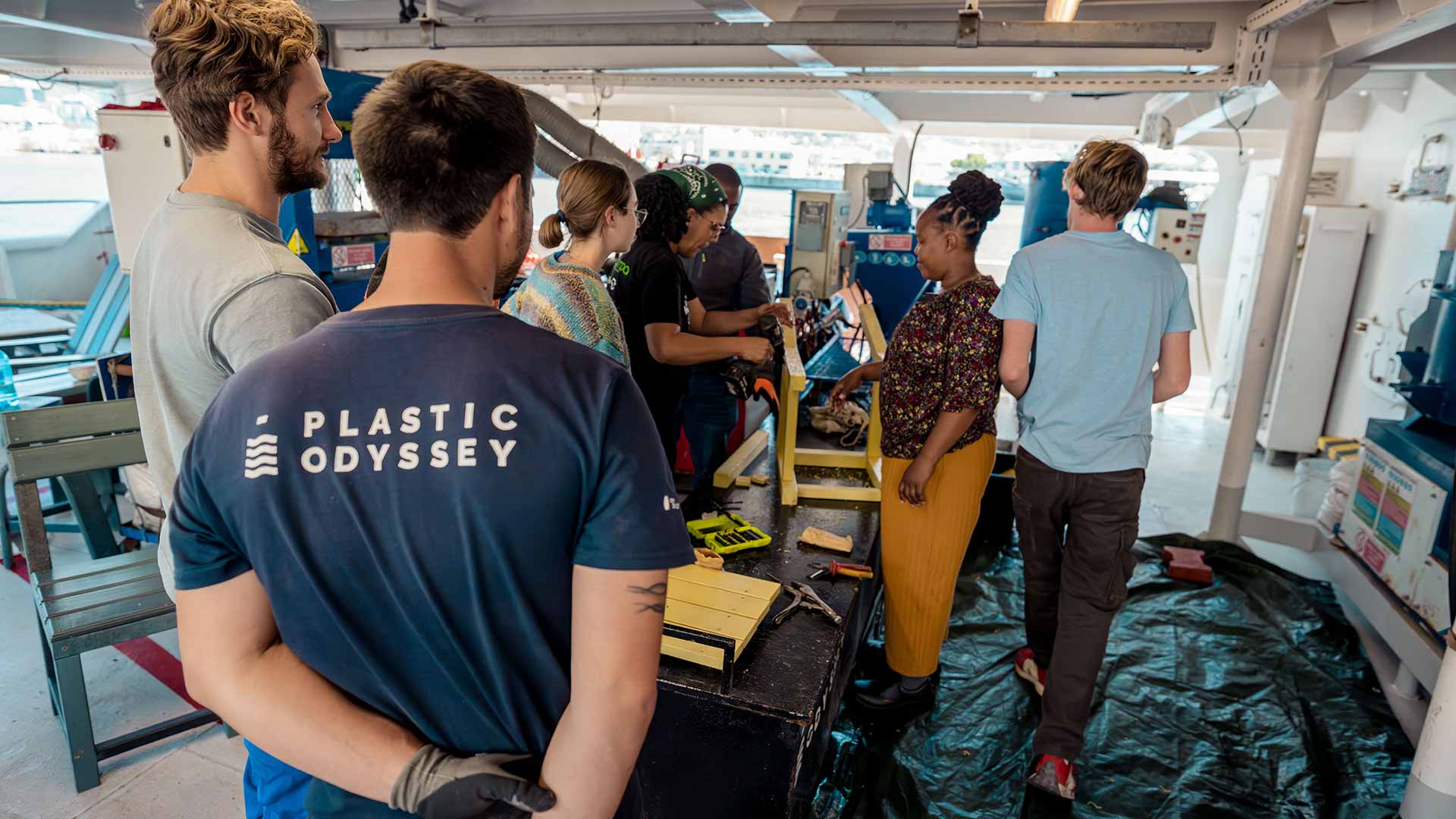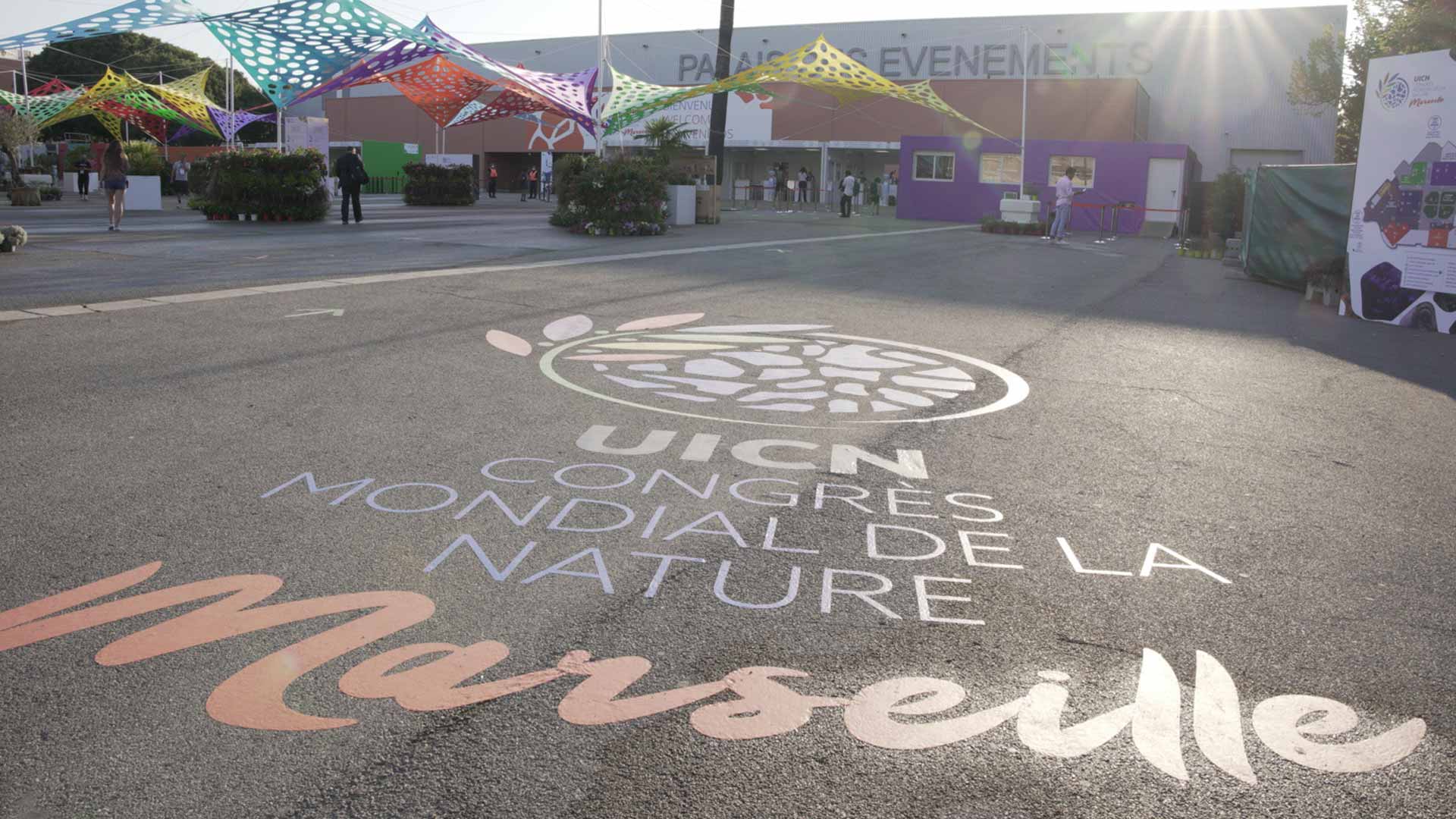
Plastic Pollution : Our 5 Main Takeaways from the 2021 IUCN World Conservation Congress
Held from 3-11 September, the Congress saw thousands of global leaders from government, civil society, indigenous groups, business and academia meet to discuss natural preservation and climate change.
We met with movers and shakers working on the key focus areas for this year’s gathering: climate change, oceans, landscapes and biodiversity, freshwater systems, economic and financing systems, rights and governance, innovation, and technology.
In total, the IUCN‘s 1,500 Members have adopted 148 resolutions and recommendations
Here are our 5 key takeaways from this inspiring week in Marseille
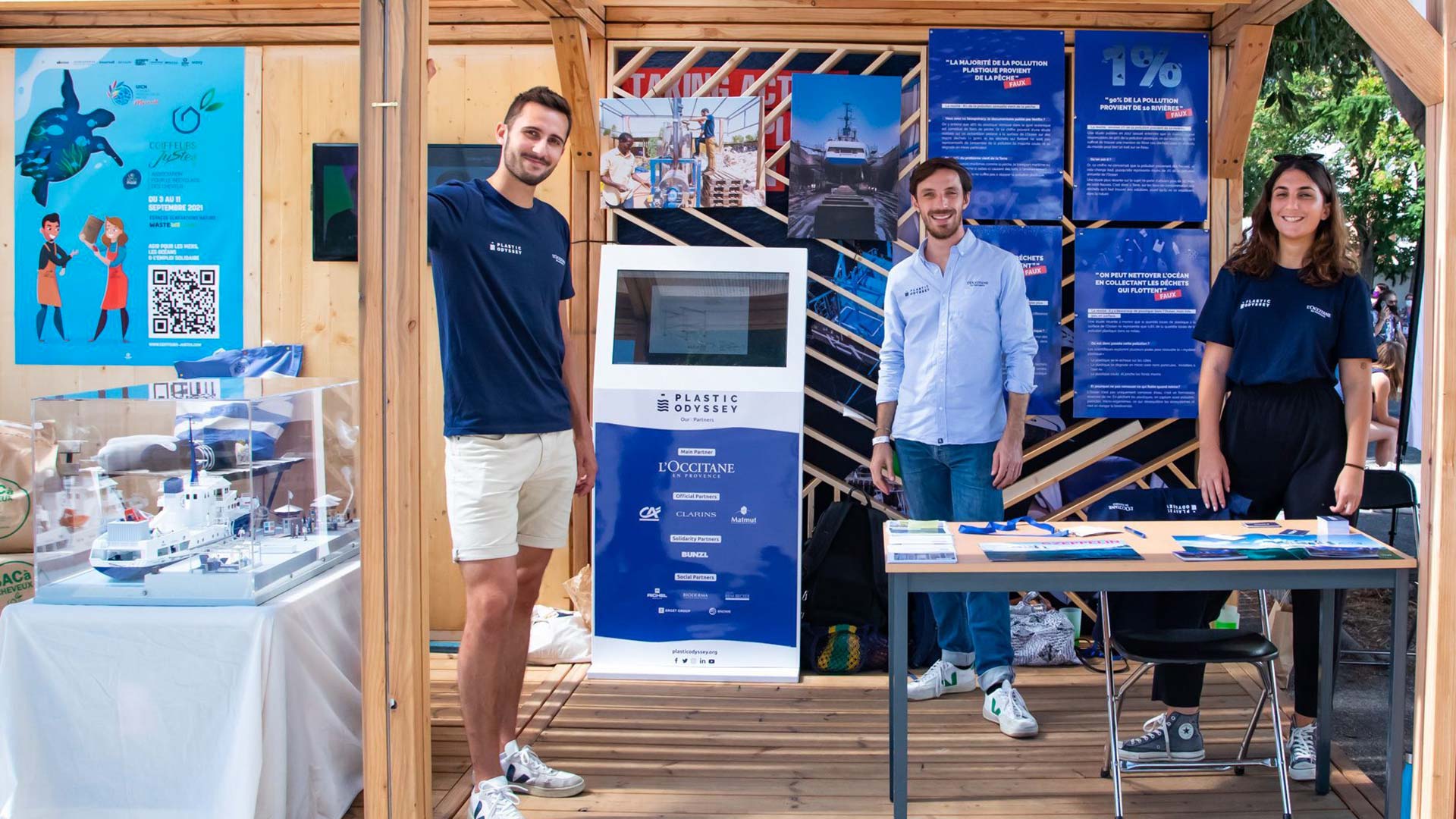
1. The French President Emmanuel Macron affirmed at the opening ceremony that fighting plastic pollution is a top priority that must be achieved before it enters the ocean
The French President Emmanuel Macron, in his opening speech at the Congress, reaffirmed that once it is at sea, it is too late to act against plastic pollution. The solution is not to collect it in the ocean, since plastic sinks and quickly dissolves into microparticles. (see our study on the fake news of plastic pollution).
First, it’s necessary to recycle existing plastic before it gets into the ocean and second, reduce our use of plastic. This is exactly the mission Plastic Odyssey has set itself by building a global network of local recycling initiatives.
To meet the second objective, the President announced that from next January 1st, France will be the first country to prohibit plastic in fruit and vegetable packaging and for anything weighing less than 1.5 kg. He also announced that the first plastic-free milk container is under development and will soon be available on the French market.
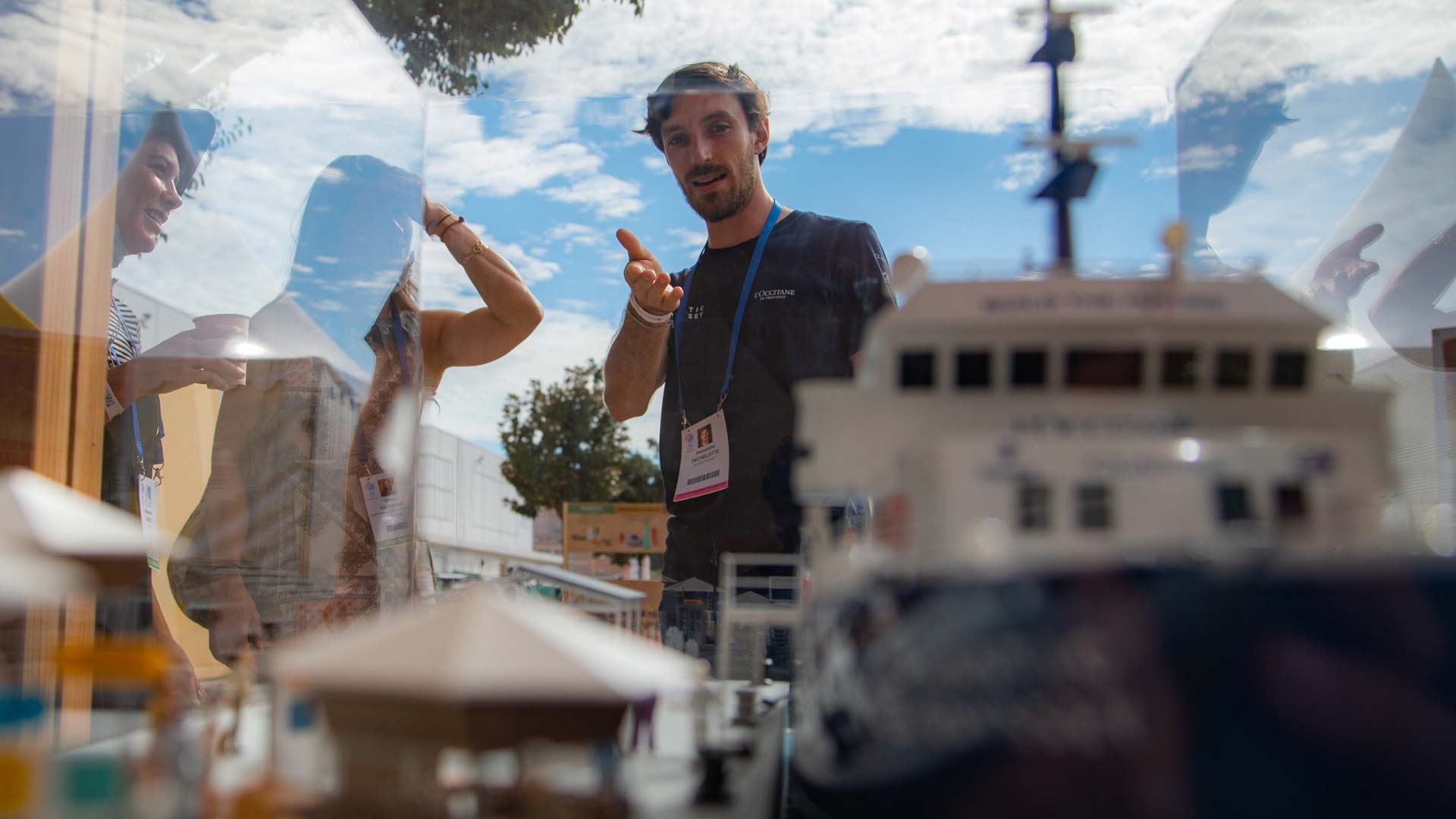
2. To solve ocean plastic pollution, we must address the whole value chain
Our CEO Simon Bernard and IUCN’s Lynn Sorrentino led a panel From Science to Action: Innovative Solutions to Combat Ocean Plastic Pollution alongside Veolia Eau, ONET and Beyond Plastic Med. Our organisations all have in common the desire to tackle the issue at its root, which is to say, to go beyond the sole recycling of plastic waste.
While our actions and actors differ, our initiatives are wildly synergistic. Plastic Odyssey presented our case for reducing plastic waste disposal on several continents. ONET’s strategy is to reduce their plastic use. From the angle of circular economy, Veolia shared their initiatives on treatment of pollution flows, and design of innovative technical solutions for micro-pollutants and reuse. BeMed’s Business Club is working with the private sector, bringing together companies committed to preventing plastic pollution in the Mediterranean.
There is no silver bullet. Each of these interventions touches the entire plastic chain, from the bottom of the oceans to production. The plastic crisis is a massive, complex challenge that can and must be tackled at different levels: at the production level, at the consumer level, upon disposal, before the plastic reaches the ocean, and afterward.
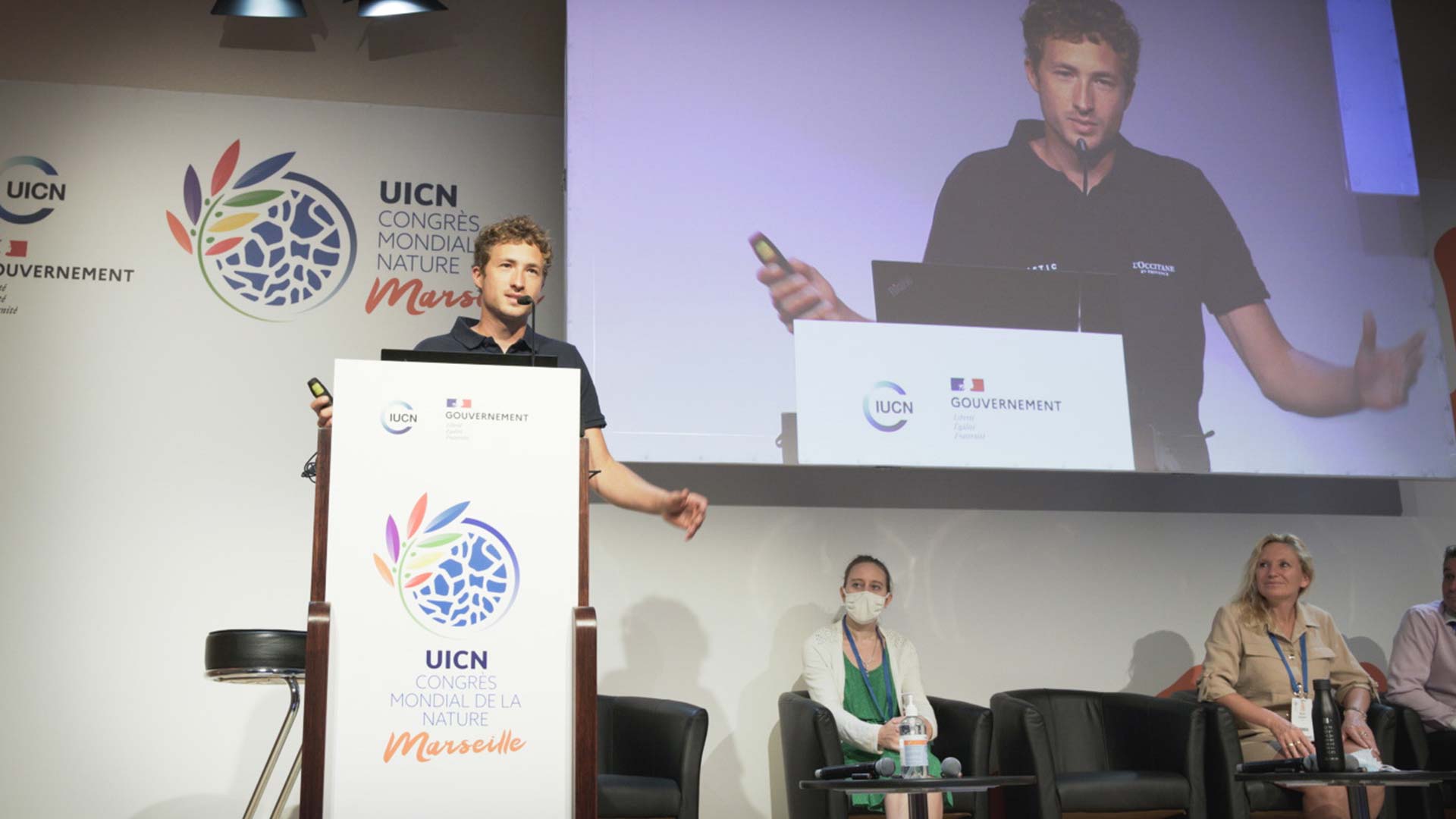
3. Indigenous people and local communities must have a voice in protecting our planet
This concept lies at the core of our mission. We were heartened this year by the dozens of convenings and discussions on the vital role of indigenous people and local communities in conservation and environmental protection. For the first time, Indigenous delegates to the Congress led a special World Summit, which released a report on the importance of Indigenous and local communities to global conservation and biodiversity protection.
For years, all over the world, entrepreneurs, visionaries, innovators and even family businesses have been creating active, established and sustainable tools for protecting their communities by processing plastic waste. We are about to engage with these innovators, to share achievements of other inspiring actors, and to build, together, relevant models where they do not yet exist.
To stop the continuous leakage of plastic into our environment, we must empower local populations for everyone to act and engage at their level. This is the journey we have chosen, and the one that will take us around the world.
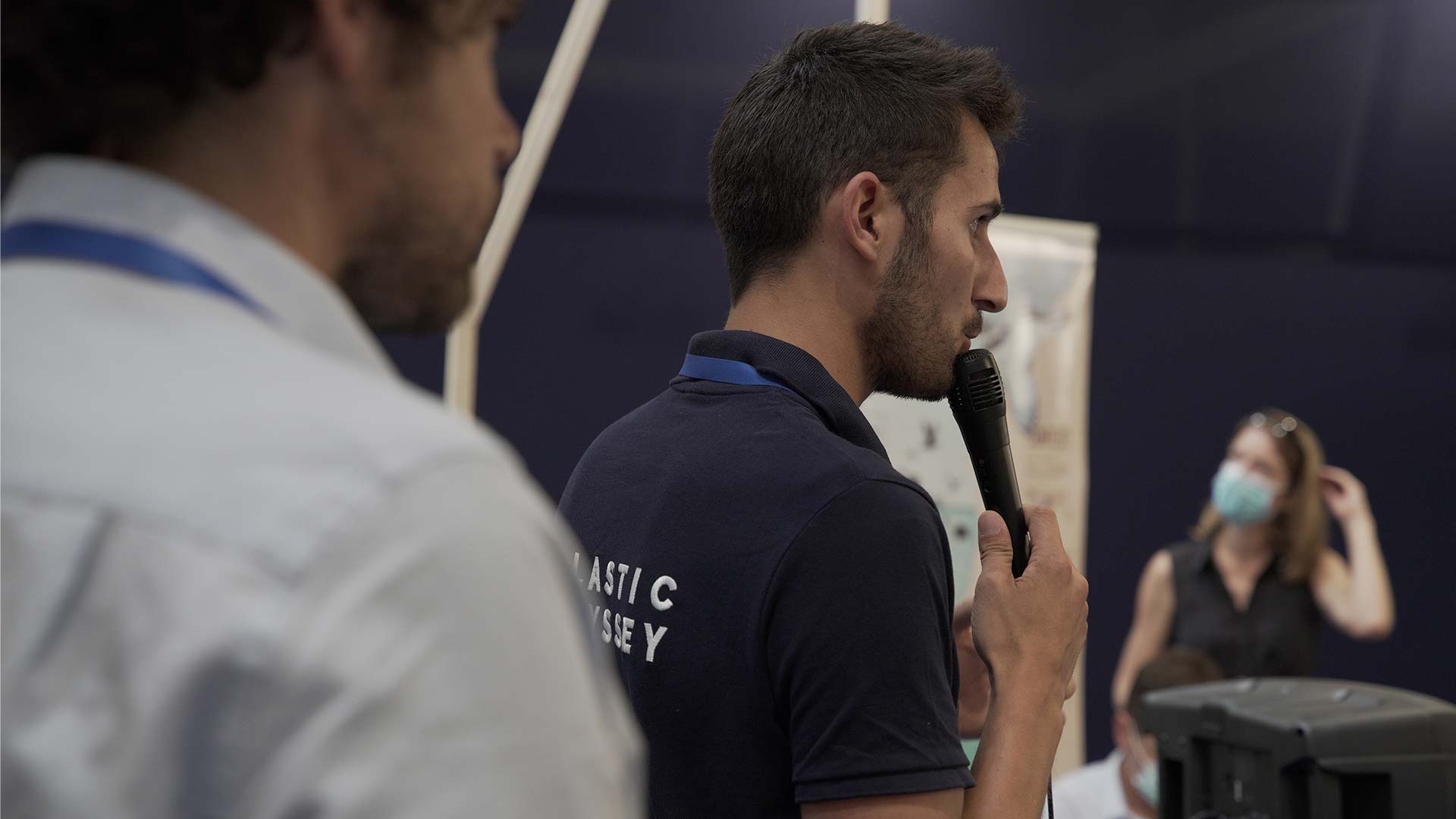
4. Many initiatives are growing in Asia and Africa but they are looking for recycling equipment to go from collecting waste to treating it
We presented at the Congress the project that we are leading, along with the NGO Biosfera and the engineering company SCE aménagement et environnement, to create the first recycling center on the island of Sao Vicente in Cape Verde. Since 2015, Biosfera has been collecting waste on beaches with volunteers, but now wishes to go further by upgrading it to develop Cape Verde’s circular economy. We are bringing our technical expertise to determine ways to recover the plastic, and identify the types of products that can be made from locally available waste streams, all taking into account regional resources and needs.
Following this presentation, several project leaders from Senegal, Kenya and Polynesia came to meet with us, because they want to develop similar plastic recycling projects. These exchanges confirmed a real desire to act in these regions, however a lack of tools and funding.
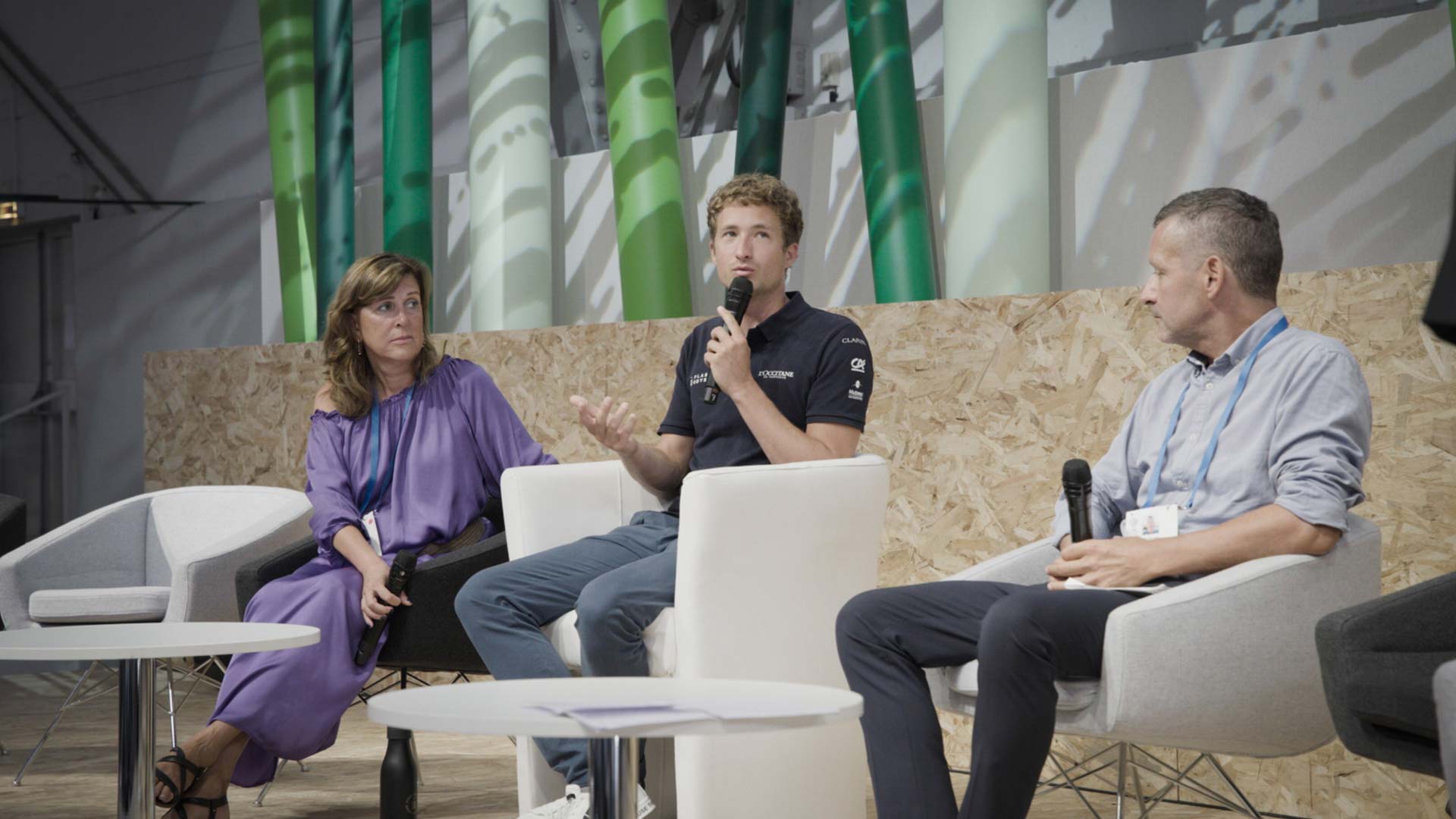
5. Many species are in freefall – but some are on the rebound
The IUCN is known for its Red List of Threatened Species, the most comprehensive resource on the global conservation status of 138,000 plants and animals.
While the news is often sobering, the Red List gives us an accurate sense of how well conservation efforts are working around the world. Sometimes, there is good news: we learned this year that four species of commercially fished tuna species are recovering, thanks to fishing quotas over the past decade. But the purpose of the report is to highlight where there’s work to be done, and overall, the news is not good for ocean life. We recently learned from the IUCN that more than one third of the world’s sharks and rays are now threatened with extinction.
These stark numbers about the danger to ocean ecosystems highlight the need to act on plastic pollution.
Millions of animals are killed every year by ocean plastic, and if current trends continue, by 2050 there will be more plastic in the ocean than fish. The danger to marine life from plastic pollution is tragic, but it motivates us at Plastic Odyssey to make a difference.
Latest News
Senegal: Back in Dakar After Three Years Around the World
Discover the plastic waste recycling entrepreneurs who participated in the training program aboard the ship in Dakar, Senegal....
Why Clean Up the Places No One Lives? Plastic Odyssey’s New Mission with UNESCO
Logistically challenging, ecologically sensitive, rarely visited by humans and covered in plastic. Plastic Odyssey is committing to cleaning up some o...
South Africa: a well-established local plastic waste recycling ecosystem
Discover the plastic waste recycling entrepreneurs who participated in the training program aboard the ship in Cape Town, South Africa....

